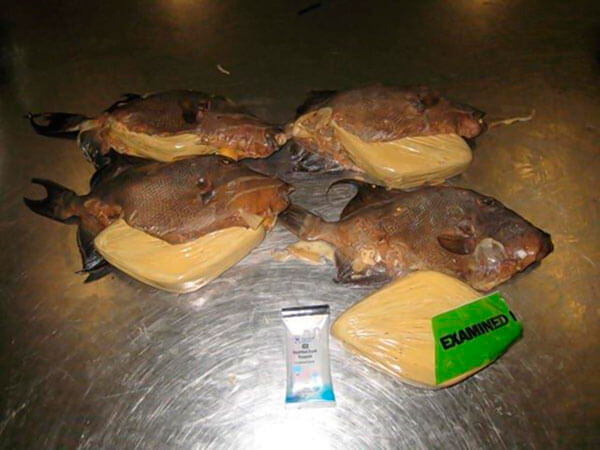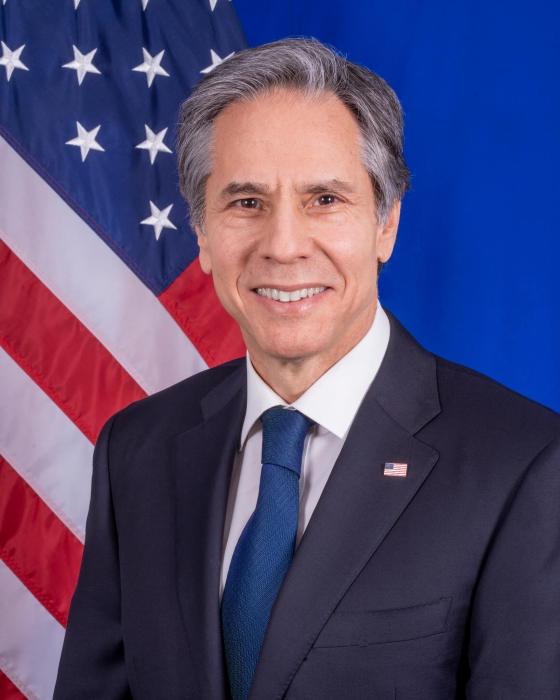The United States Customs and Border Protection (CBP) agency says cocaine found in fried fish on a flight from Jamaica was among its top seizures in 2015.
CBP said on Wednesday that Illegal pork meat tamales, Semi-submersible vessel with eight tons of cocaine, Drugs shaped like watermelons, 69 packages of meth in a car, Hitchhiking bugs, hover boards — not from the Future, spools of cable filled with drugs, meth in shoes and Cloned Border Patrol vehicle with illegal immigrants were other seizures in the top 10.
CBP said on June 15, its Office of Field Operations (OFO) officers at Miami International Airport seized over two pounds of cocaine concealed inside fried fish that was carried in the luggage of a passenger arriving from Jamaica.
During an X-ray examination of the passenger’s luggage, CBP OFO officers at the airport noticed “anomalies” in some of the fish.
On further examination, the officers observed that the bellies of some of the fish were sewn together and certain fish felt thicker than the rest, CBP said.
It said OFO officers discovered about 2.3 pounds of cocaine and subsequently seized the illicit substance.
“CBP officers are an instrumental part of the detailed inspection process designed to detect illegal narcotics entering the United States,” said Miami International Airport Port Director Christopher Maston.
“Drug smugglers are using increasingly innovative methods and this interception is an excellent example of how our highly trained officers continue to use their experience and knowledge to detect and interdict the flow of illegal narcotics,” he added.
CBP said the compiled list of top 10 seizures for 2015 “illustrates the important role CBP’s officers and agents play in protecting the nation against threats to communities across the country, as well as enforcing the nation’s immigration laws.”
“The men and women of CBP serve tirelessly on the frontlines 24 / 7 to protect our nation’s security and economic prosperity,” said Commissioner R. Gil Kerlikowske. “CBP officers, agents, and agriculture specialists remain vigilant while patrolling the borders and processing legitimate travelers and cargo for entry into the U.S. every day.”
CBP said the seizures represented “demonstrate the various ways transnational criminal organizations try to smuggle narcotics and people into the country on the border or at a port of entry; agricultural threats found among thousands of meat, plant materials or animal products processed daily; and the efforts of CBP with other law enforcement agencies to stop drug trafficking in the transit zones around Central America.”























